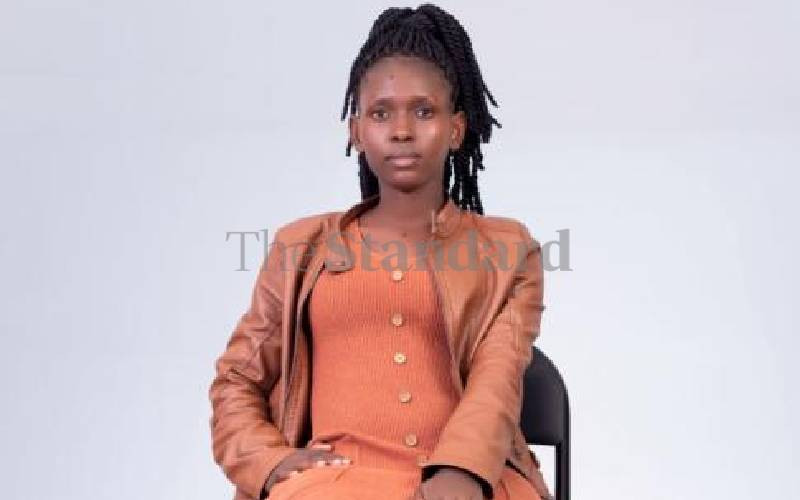×
The Standard e-Paper
Kenya’s Boldest Voice

At only 15 years, young but weighed down by family poverty, Winfred Vaati, now a final year university student, eloped with a man to Taita Taveta County, after he promised to educate her.
She had stayed at home for two years after sitting her Kenya Certificate of Primary Examination at Kanyungu primary school in Kibwezi in 2011. She topped in her class by scoring 329 marks out of 500. She was admitted to St Mary's Girls' Kinyambu but her mother was unable to pay fees.